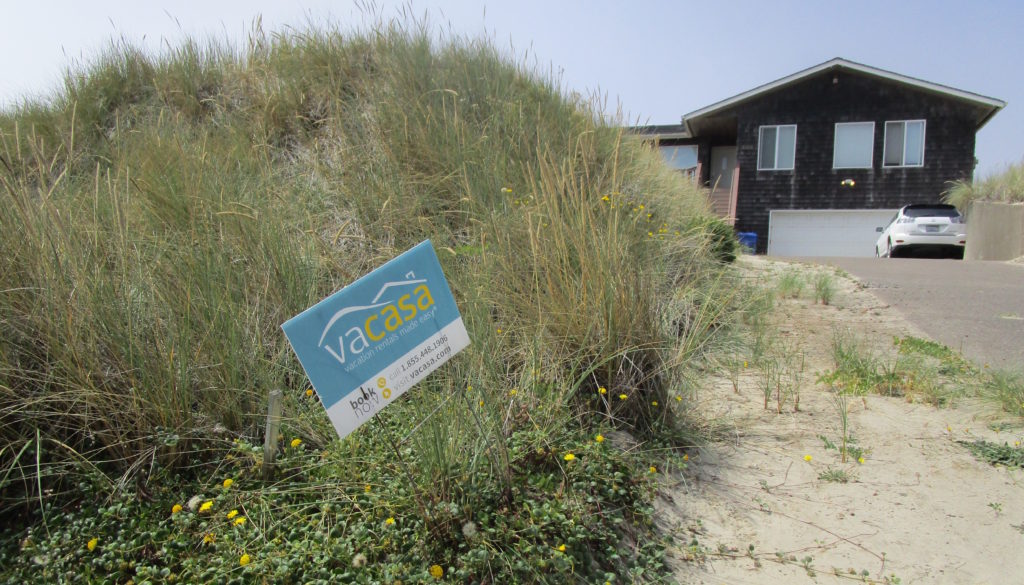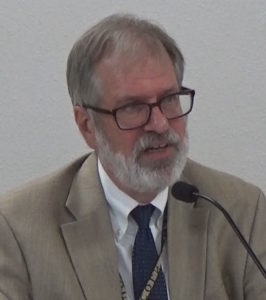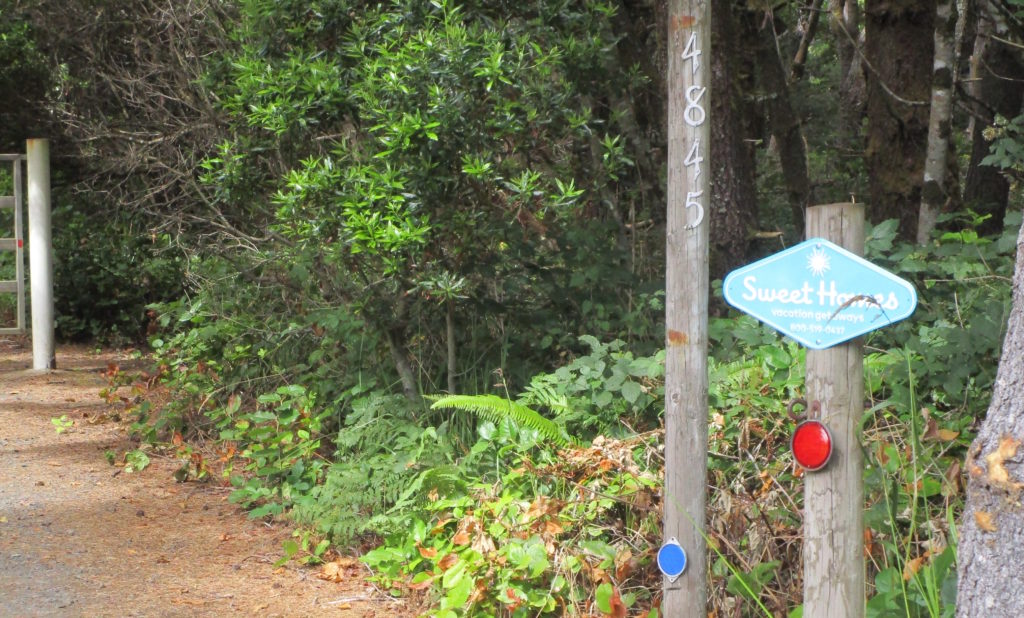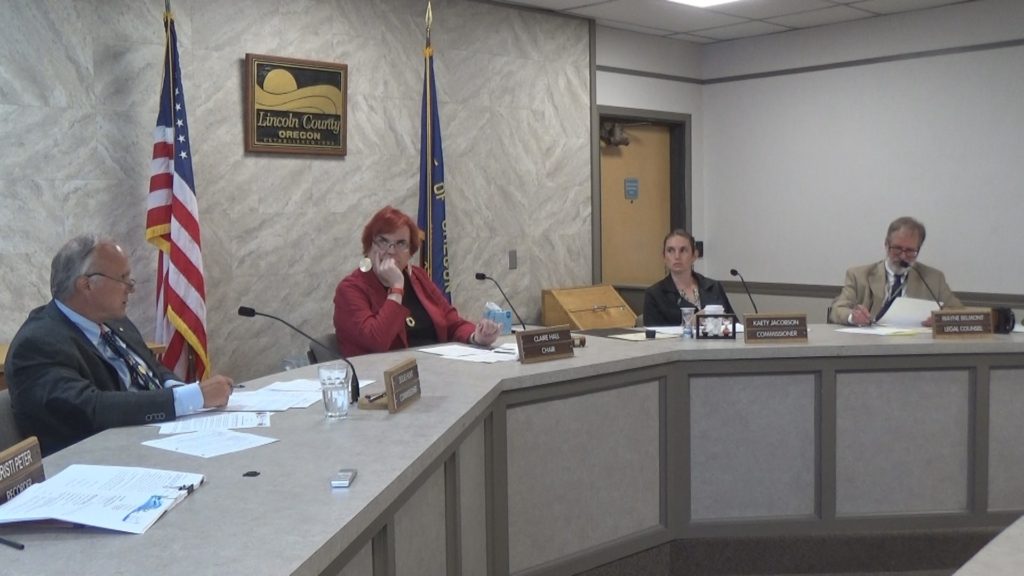
By QUINTON SMITH/YachatsNews.com
Lincoln County commissioners are looking into stricter regulation of vacation rentals – including the possibility of limiting the number of licenses.
Commissioners authorized their staff last week to spend the next four months digging deeper into “best practices” of regulating vacation rentals, mapping the location of existing licensed rentals, trying to discover the number of unlicensed rentals in unincorporated areas, and how well the county’s complaint system is working.
Part of that process could be to institute a “soft cap” on the number of licenses in early 2020 to allow commissioners, residents and vacation rental owners to spend the rest of the year discussing and debating how to best regulate short-term rentals.
“For us, it would be a way to say ‘Let’s slow things down’ while we complete an examination and make some determinations,” County Counsel Wayne Belmont told commissioners last week.

Belmont said there are 518 licensed short-term rentals in unincorporated Lincoln County. How many rentals are operating without licenses, he asked? “20, 50, 100? I don’t know. But we’ll figure that out.”
However, a July report from the sheriff’s office indicated there were 546 licensed rentals on the books.
Those 518 licenses make up 3.9 percent of single-family homes in unincorporated areas outside cities like Yachats, Waldport, Newport, and Lincoln City, Belmont said. He proposed a “soft cap” of 4.3 percent of all houses – or 575 licenses.
Commissioners – without endorsing any ideas – told Belmont to start gathering better information.
“The vacation rental business has fundamentally changed,” said commission chair Claire Hall. “We just need better data how it is impacting – for good, for ill, or both – our communities.”
The good and bad of short-term rentals
Vacation rentals have multiplied throughout Oregon and West Coast tourist areas as people seek alternatives to motels. Owners use them for investments, for income and to help make mortgage payments. Cities and counties use the lodging taxes they collect from them — $337,000 in Yachats alone last fiscal year, for example – to promote more tourism and prop up their budgets.
The downside on the Oregon coast is that some residential areas near popular beaches have seen their neighborhoods overrun with visitors and some of the problems they bring – noise, traffic, partying and the constant coming-and-going usually associated with motels.

Vacation rental managers say local governments just need to enforce rental regulations and behaviors already on the books. Many neighbors say there just need to be limits.
Yachats and Gearhart are the only Oregon coast cities with caps on the numbers of short-term rentals. Yachats has 137 licensed rentals, a two-year-old cap of 125, which prevents sellers with licenses to transfer them to new owners.
Lincoln County also does not allow license transfers, Belmont said. That’s one of the reasons he proposes to allow buyers of licensed properties to apply and get a license during the study.
“The new owner’s application would not count against the cap,” Belmont said.
This would allow the county to more systematically examine old and new permits “without the rush of people trying to beat the cap before we put regulations in place,” he said.
“If all of a sudden two weeks after we enact the ordinance we reach the limit, then we’re going to be back talking to you about that,” Belmont told commissioners. “What’s going on? Is there big demand or 150 unlicensed rentals? It allows us to put a hold on things while we determine where we are and look at the next steps.”

Hall and commissioners Doug Hunt and Kaety Jacobson expressed caution about discussing a cap – knowing the controversy it will bring – but were clear they wanted more and better information.
Hunt pointed out that while the number of vacation rentals hover about 4 percent countywide, there are more heavily impacted beach neighborhoods where the percentage could be as high as 20 percent.
“I’d really like to know the numbers we’re dealing with before we look at a cap … which I’m willing to have a conversation about,” Jacobson said. “But I really want to know what the number is.”
Belmont said county staff should be able to bring back the information by December or January.
Will tackle septic issues soon
Commissioners last week also instructed Belmont to move ahead with developing an emergency ordinance for revised rules for vacation rentals using septic systems. Commissioners, staff and many neighborhoods are concerned that high-occupancy rentals are overwhelming septic systems originally designed for families. The new rules would include:
- Determining a new occupancy number based on the ability of the septic system to handle waste, not the number of bedrooms;
- Requiring re-inspection of all vacation rentals without approved septic systems within 120 days of a new ordinance;
- And, stopping rental activity if a septic system is determined to be failing.
Two opponents of vacation rentals later testified that a July sheriff’s inventory of licensed vacation rentals showed that 62 on septic systems are licensed for 14-20 occupants, including 23 near Waldport and nine near Yachats.
Depoe Bay residents Robin Hochtritt, a retired nurse, and Monica Kirk, a retired attorney, said another 166 rentals on septics in the county are licensed for 11-13 guests. Of those, they said, based on sheriff’s records 56 have no record of septic records or inspections.
Kirk asked the commission to immediately close down the 56 large rentals until their septic systems are inspected and determined to be safe for large number of guests.



